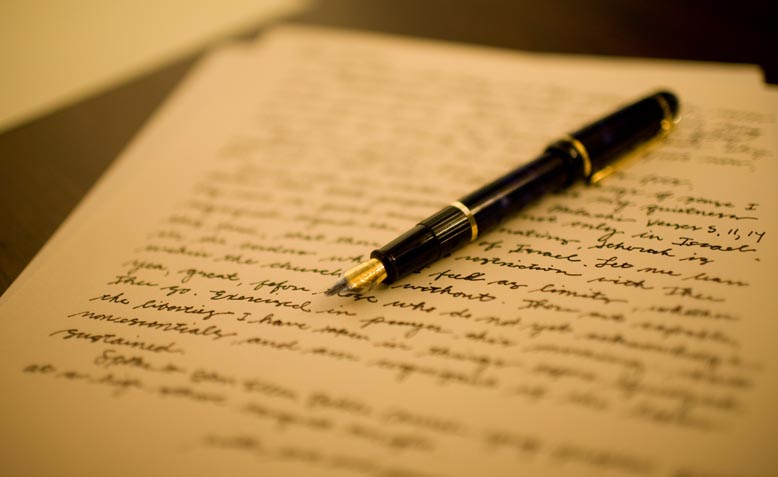
The Trumpet of Sedition blog has been running a series of articles by historians on ‘How I Write’. John Rees contributes
I approach writing pretty much as I approach any public activity. For the longest time, I seem to have woken up in the morning with the thought that there is obviously a lot wrong with the world and that you can either lie on the sofa and ignore it or choose to do something about it. Writing is just one important way of doing something about it.
In terms of how I write I’ve been lucky to have two seemingly contradictory influences. While I was still a teenager, I learnt about Hegelian philosophy, and its formative role in the development of Marx and Engels thought from a convinced Hegelian tutor on my degree course. I went on to research this more deeply and Marx’s early writings, and the works of George Lukacs, Franz Jakubowski, Raya Dunayevskya, and Antonio Labriola, gave me a powerful methodological framework which has been present in everything I’ve ever written, long or short, with or without explicit philosophical content.
Method won’t do all the work for you of course. There is no substitute for intense empirical research. But method will give you a hypothesis, it will help highlight essential facts and clear away inessential material, and it will help you to see important connections and patterns, even when, perhaps especially when, they contradict your initial hypothesis.
The second influence is tabloid journalism. I’ve done a fair amount of writing and copy subbing for left-wing tabloids in my time, and I was lucky to be friends with the late, great journalist Paul Foot including at the time he had a weekly column in the Daily Mirror. From this, I learnt the virtue of brevity, simplicity, and clarity in written work. Any idiot can write long, but it takes real skill to write short. Any over-educated simpleton can use long words, the skill lies in writing transparently. George Orwell’s unsurpassed Politics and the English Language codifies this approach brilliantly. Blaise Pascal encapsulated it in a phrase when he wrote to a friend, ‘I’m sorry to have written you a long letter, I didn’t have time to write you a short one’.
In terms of immediate technique its fairly standard procedure. I read extensively in both primary and secondary sources, where I can reading the secondary sources first. Although in one part of my mind I’m against marking books in operational practice I underline and make marginal notes in books I’m reading. I actually find this very important, and I’m gratified to see from some of Christopher Hill’s books that I own that he did the same, although he was tidier and made page notes in the end flyleaf of the book. This means I end up buying many more books than I can get on the shelves in my study (or afford)! For The Leveller Revolution, I also printed off reams of original pamphlets from Early English Books Online so that I could make notes on them. This also means that I have extensive files broken down into sub files on my PC for any book project.
I also always use a notebook for ideas, formulations, and transcriptions from original documents and books read in libraries. I used to use A4 notebooks but I now always use the steel-edged A5 notebooks from Manufactum. Although I prefer to write book-length projects on my PC, the iPad has revolutionised note taking so now I move between notebook and iPad, which is especially useful for photographing original documents.
By the time I come to write I’ve usually got the argument both as a whole and in its individual chapters clear in my mind. I write a structure for the book as a whole and for the subsections of each chapter as I move through the book. So when I sit down to write, the section headings in each chapter are laid out like bullet points. I then write the sections in sequence, almost like filling in a form. I’m surrounded by books, articles, documents, and open tabs on the computer as this happens. Then I tidy them all away at the end and move on to the next chapter.
When it’s done, I always pay attention to what manuscript readers and subs say about the text, even if I don’t always follow their advice. Everyone is a better writer after they have been subbed. Leo Hollis was a great editor at Verso for The Leveller Revolution. He read it chapter by chapter and kept saying ‘When’s the next sword fight?’. I couldn’t always provide one, but it was a good influence making the text as exciting as it could be whilst also being as scholarly as necessary (I hope).

